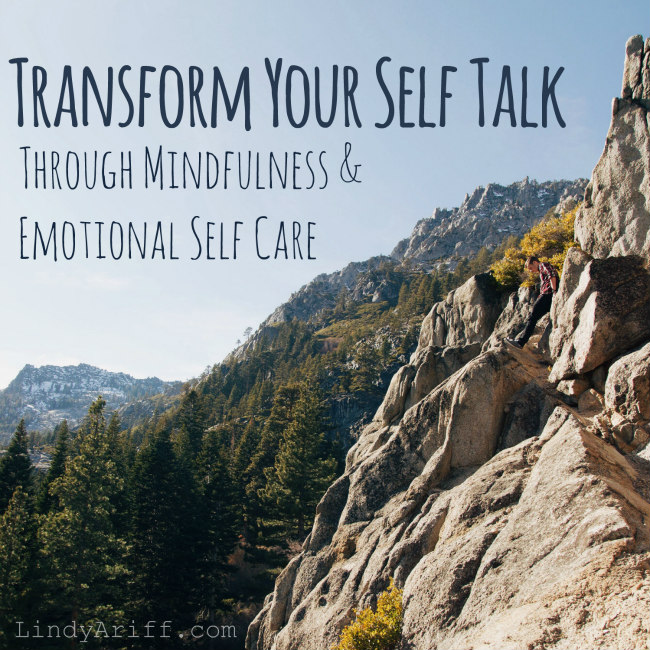A beautiful outcome of mindfulness meditation is the opportunity to slow down and explore our relationship with our minds. We meditate to understand the stories we tell ourselves about our lives and experiences. Oftentimes life can be uncomfortable and we respond to this discomfort by tuning out literally or figuratively by showing up impartially for ourselves and the people we love, or not showing at all for our lives by numbing out and using substances.
We are human, and wired imperfectly, so we see the world through our own biased sunglasses. All day long we are having experiences which come into our conscious mind like downloaded bit of computer data. We then have thoughts about these experiences. We attach meaning and story-lines that we tell ourselves about the experiences to help us make sense of the world around us.
Oftentimes that meaning brings us to a domino effect of painful emotions including disconnection, jealousy, anger, loneliness, sadness, and resentment. We can get so tangled up in our own minds that we begin to think about what we are feeling as a truth which often leads to further painful feelings and discomfort.
Through mindfulness meditation we are giving the mind an opportunity to train itself to be able to see the world through clearer eyes. We may not particularly like what’s going on in our world, but we are able to recognize that we are not our thoughts or our feelings. This leads to a sense of freedom, clarity, and peace.
When we start to slow down it can be uncomfortable as we begin to notice the underlying implicit beliefs we’ve had about ourselves. An implicit belief is a felt sense of an outdated belief about ourselves. They often show up in our lives as underlying irrational thoughts such as “I’m unworthy, unloveable, not good enough….” and are often followed by intense feelings of shame, guilt, self-loathing, anxiety, or depression.
In order to create space to have an opportunity to update our minds and live differently, we begin to practice emotional self care by slowing down and practicing meditation so that we can create a different relationship with our minds and the world at large.
Guy Winch gave an incredible TED talk about the concept of Emotional Hygiene. During the talk he shares with us:
“Our mind is hard to change once we become convinced. So it might be very natural to feel demoralized and defeated after you fail. But you cannot allow yourself to become convinced that you cannot succeed. You have to fight feelings of helplessness. You have to gain control over the situation. And you have to break this kind of negative cycle before it begins.
Our minds and our feelings, they’re not the trustworthy friends we thought they were. They are more like a really moody friend, who can be supportive one minute, and really unpleasant the next.
I once worked with this woman who after 20 years of marriage and an extremely ugly divorce, was finally ready for her first date. She had met this guy online, and he seemed nice and he seemed successful, and most importantly, he seemed really into her. So she was very excited, she bought a new dress, and they met at an upscale New York City bar for a drink. Ten minutes into the date, the man stands up and says, “I’m not interested,” and walks out.
Rejection is extremely painful. The woman was so hurt she couldn’t move. All she could do was call a friend. Here’s what the friend said: “Well, what do you expect? You have big hips, you have nothing interesting to say, why would a handsome, successful man like that ever go out with a loser like you?”
Shocking, right, that a friend could be so cruel?
But it would be much less shocking if I told you that it wasn’t the friend who said that. It’s what the woman said to herself. And that’s something we all do, especially after a rejection. We all start thinking of all our faults and our shortcomings, what we wish we were, what we wish we weren’t, we call ourselves names. Maybe not as harshly, but we all do it.
And its interesting that we do, because our self-esteem is already hurting. Why would we want to go damage it further?
We wouldn’t make a physical injury worse on purpose. You wouldn’t get a cut on your arm and decide, “Oh, I know! I’m going to take a knife and see how much deeper I can make it.”
– Guy Winch
Through mindfulness meditation we begin to recognize that we are not our thoughts, that we are not our minds. Our minds can jump around, tell us things that are not true, and from meditation we begin to have the opportunity to slow down enough to recognize that we are not our minds or our thoughts. And then have an opportunity to begin to change. Through that change we can begin to transform our self talk into a gentler, more loving tone.
I would love to hear your thoughts on mindfulness meditation, self care, emotional hygiene, and/or the TED talk above!

6 responses to “Transform Your Self Talk through Mindfulness & Emotional Self Care”
You’re Awesome Lindy!
I loved this about negative self talk.
So true and now I say to my head”Thanks for sharing but I know that’s a lie” LOL!
My ego is not my amigo!!!!
Miss you! Keep up the good work!
Love this article, this is so important!
Love it! Thanks Lindy!
We are the only ones who can tell ourselves anything 🙂
Thanks, I always enjoy and reflect.
I liked the article. A lot of it reminded me of your group at Soba. I miss your philosophy and your outlook on life!